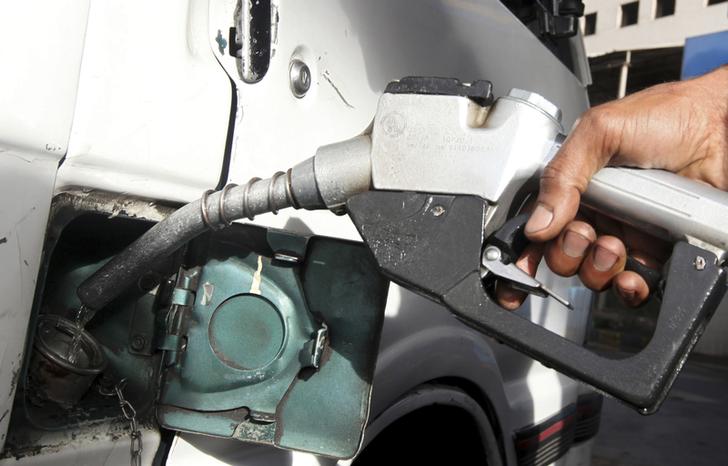REUTERS - Egypt considers postponing fuel subsidy smart card system: state media

CAIRO (Reuters) - Egypt's President Abdel Fattah al-Sisi asked his government on Saturday to consider postponing a smart card system for subsidised fuel which was due to come into effect in two days, state media said.
"The president directed the government to urgently study postponing the application of this system until all the sectors that don't have these cards are covered," the state news agency, MENA, quoted the presidency spokesman Alaa Youssef as saying.
The report had no further details.
Egypt was planning to roll out the new system from June 15, as part of plans to reduce costly energy subsidies over time.
Fuel subsidies have long weighed on Egypt's state budget and contributed to the economic stagnation that al-Sisi promised to tackle when he took office last year.
The government cut fuel subsidies last summer, raising prices by up to 78 percent, in a move lauded by economists but criticised by some Egyptians accustomed to cheap energy. More subsidy cuts are expected in the coming years.
A similar smart card system for subsidised bread has been widely seen as a success for the government because it saved money and also helped families who no longer have to wake up early to fight for loaves.
The new cards do not entail rationing for now but will enable the government to monitor the amount of fuel being consumed per vehicle and thereby to crack down on smuggling.
Eventually each card will be assigned a ration for subsidised prices. Egypt is home to an estimated 4.5-5.5 million vehicles.
The government is trying to reform the decades-old system of subsidies without angering Egypt's rapidly growing population, now at 87 million. The subsidies have helped turn Egypt from a net energy exporter into a net importer over the past few years.
Egypt's fuel subsidy bill for the first half of the current fiscal year fell by about 30 percent, the finance ministry said in March, thanks to sharply lower global oil prices and last summer's subsidy cuts.









facebook comments